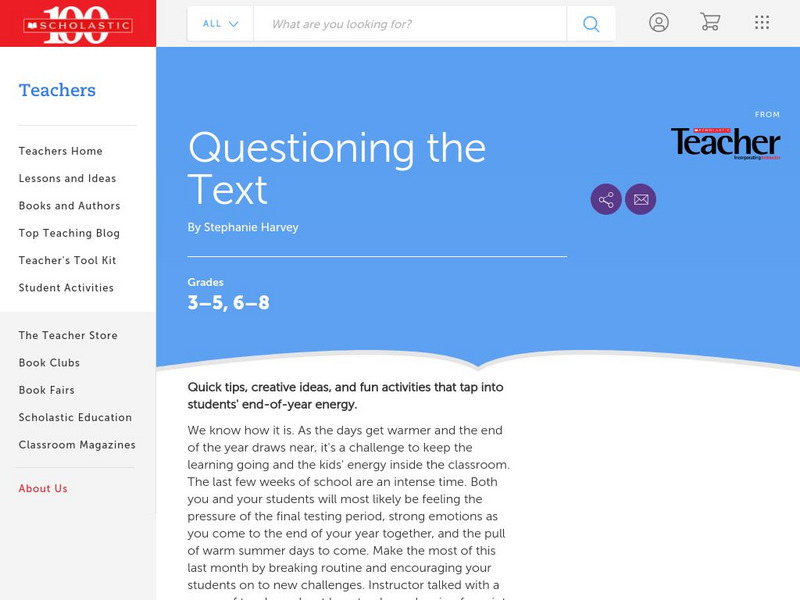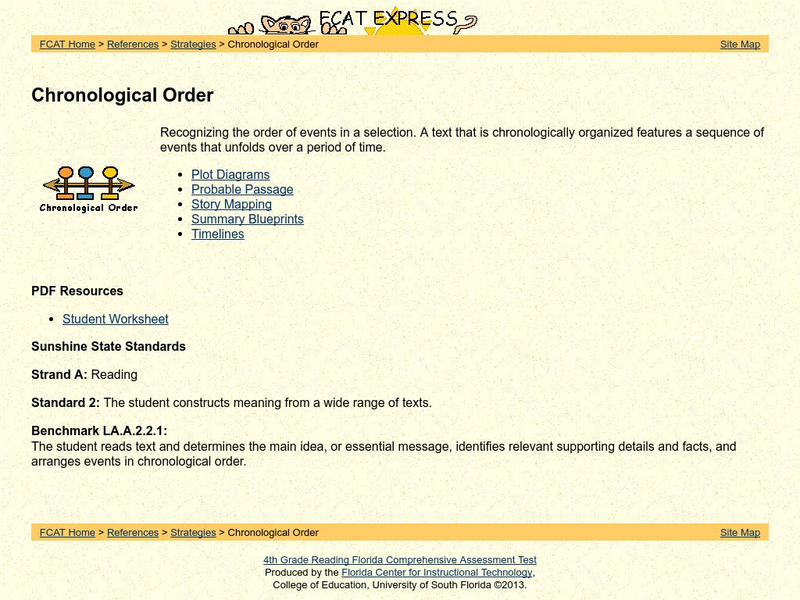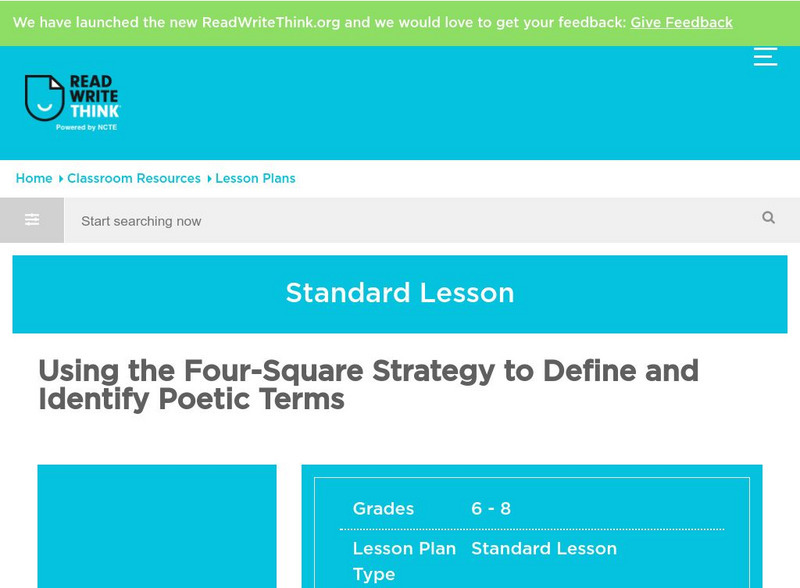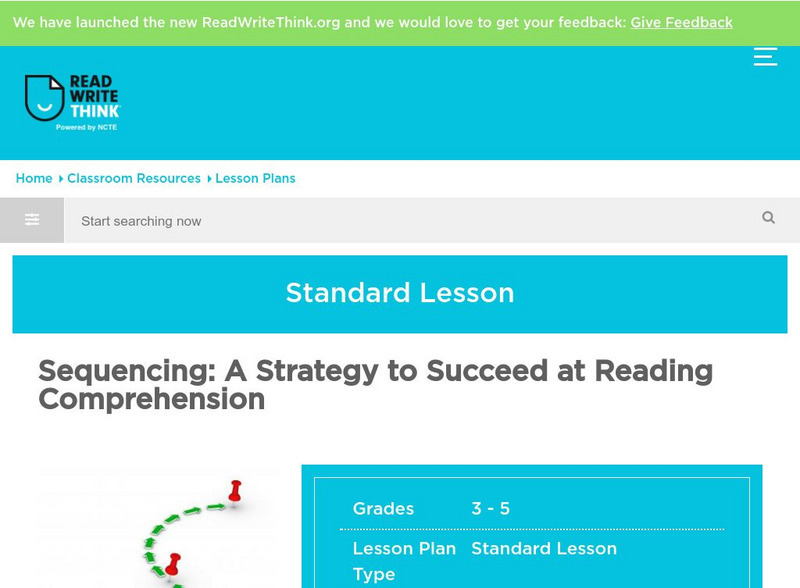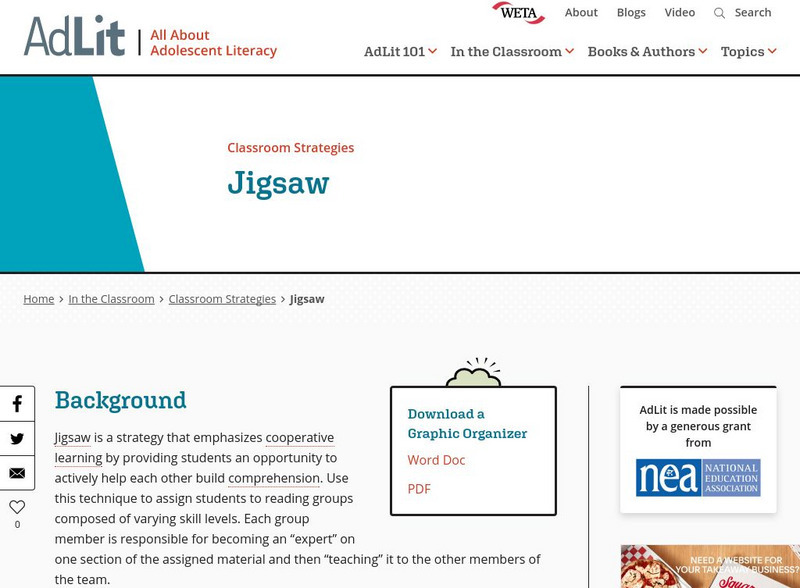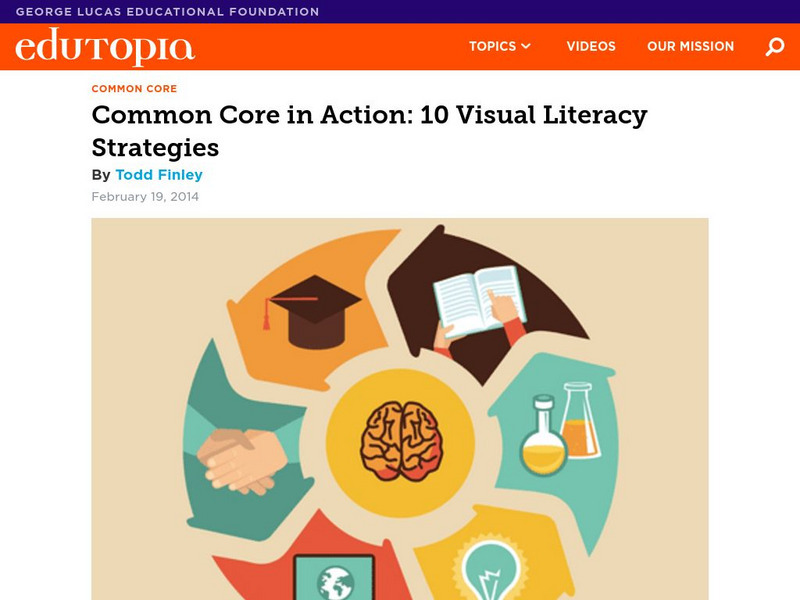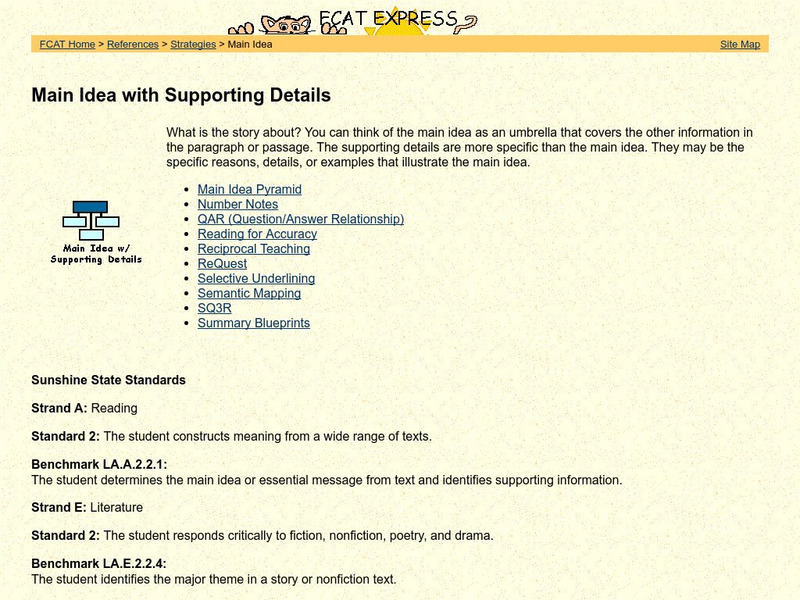Hi, what do you want to do?
Indiana University
Iu: Providing Students With a Purpose for Reading
Discussion of providing students with a purpose for reading from a college class site entitled "Advanced Study of the Teaching of Secondary School Reading." Along with discussion and background on the topic, some specific strategies are...
Teaching American History
Teaching American History: Tehran Conference: Tripartite Dinner Meeting
The Tehran Conference between Franklin Roosevelt, Winston Churchill, and Joseph Stalin took place between November 28 and December 1, 1943. Read the minutes of the dinner meeting on November 28 where many issues concerning war strategy...
Teaching American History
Teaching American History: Tehran Conference: Tripartite Meeting
The Tehran Conference between Franklin Roosevelt, Winston Churchill, and Joseph Stalin took place between November 28 and December 1, 1943. Read the notes of the of the dinner meeting that took place on November 29, which primarily dealt...
Teaching American History
Teaching American History: Tehran Conference: Tripartite Political Meeting
The Tehran Conference between Franklin Roosevelt, Winston Churchill, and Joseph Stalin took place between November 28 and December 1, 1943. Read the notes from the final meeting on December 1 where the major topics of discussion were...
Joe Landsberger
Study Guides & Strategies for Speakers of Arabic.
This is the Arabic language version of a study skills site also available in English and other languages as well. Different sections teach skills in reading and writing, Internet literacy, critical thinking, math, science, dealing with...
AdLit
Ad lit.org: The Teaching Moves of a Strategic Teacher
Research demonstrates the effectiveness of the 12 strategic teaching moves described in this article. On any given day in any given classroom, the strategic teacher employs all of these moves - whether with the whole class, a small...
Scholastic
Scholastic: Questioning the Text
In this magazine article originally featured in Instructor, the reading strategy called "questioning the text" is explained by the renowned literacy consultant and staff developer, Stephanie Harvey. The steps included for questioning the...
University of South Florida
Fcat Express: Chronological Order
Strategies to help students recognize the order of events in a selection provided by a standardized test preparation site intended for fourth grade. Includes strategies such as plot diagrams, probable passages, story mapping, summary...
AdLit
Ad lit.org: Classroom Strategies: Inferential Reading
Teaching students to "read influentially" helps them learn how to read more strategically. This technique is derived from the teaching model that learners develop knowledge via the process of interpreting new information in light of past...
Reading Rockets
Reading Rockets: Strategy Guide: Teaching How Scientists Make Inferences [Pdf]
This guide includes an introductory section about visual evidence, a general overview of how to use this strategy with many science texts, and a plan for teaching how to use visual evidence to make inferences with the Seeds of...
Other
Big Life Journal: How to Teach Problem Solving Skills to Kids (Ages 3 14)
How you teach problem-solving to kids depends on their age. Read on to learn key strategies for teaching problem-solving to kids, as well as some age-by-age ideas and activities.
ReadWriteThink
Read Write Think: Strategy to Define: Identify Poetic Terms
Online lesson plan offers teachers the ability to teach a "Four-square," strategy technique for poetic terms. Students explore websites and define terms such as alliteration, assonance, simile, and rhyme.
Other
Tinkergarten: Books That Help Us Teach Problem Solving
One of the most helpful, and easy, ways to teach problem-solving is to read, fall in love with and make sense of books that help teach problem-solving strategies. This article lists a few examples of books to use in your classroom.
Texas Education Agency
Texas Gateway: Teaching Adolescents Who Struggle With Literacy
There are five components of reading instruction for struggling adolescent readers: Word identification/decoding, Vocabulary, Comprehension, Fluency, and Engagement/motivation. These components are discussed and a video of middle school...
International Literacy Association
International Literacy Association: Teaching the Skill of Self Correction
As teachers, one of our goals is for every student to read and comprehend at or above grade level. We want students to take ownership of their reading, monitoring themselves while they are reading and self-correcting when they need to....
ReadWriteThink
Read Write Think: Sequencing a Strategy to Succeed at Reading Comprehension
Contains plans for lessons that use the story of Paul Bunyan to teach about sequencing and order of events. In addition to objectives and standards, this instructional plan contains links to sites used in the lessons as well as...
AdLit
Ad lit.org: Classroom Strategies: Jigsaw
Jigsaw is a strategy that emphasizes cooperative learning by providing students an opportunity to actively help each other build comprehension. Use this technique to assign students to reading groups composed of varying skill levels....
AdLit
Ad lit.org: Classroom Strategies: Power Notes
Power Notes is a strategy that teaches students an efficient form of organizing information from assigned text. This technique provides students a systematic way to look for relationships within material they are reading. Power Notes...
Edutopia
Edutopia: Common Core in Action: 10 Visual Literacy Strategies
Explicitly teach a collection of competencies that will help students think through, think about, and think with pictures.
Reading Rockets
Reading Rockets: Content Area Literacy
Content area lessons require specific techniques and knowledge that help students navigate different types of texts. Here you will find articles, videos, teaching strategies, webcasts, and research reports.
Reading Rockets
Reading Rockets: Writing
A collection of videos, articles for parents and for teachers, teaching strategies, webcasts for teachers, and research briefs on helping children develop their writing skills.
Reading Rockets
Reading Rockets: Audio Assisted Reading
A resource for teachers to understand how to effectively use audio books in their reading programs. Includes links to teaching materials.
Folger Shakespeare Library
Folger Shakespeare Library: Close Reading Shakespeare's Sonnets
This lesson plan teaches students to consider diction, syntax, literary devices, and rhetorical strategies in doing a close reading of Shakespeare's sonnets.
University of South Florida
Fcat Express: Main Idea With Supporting Details
Strategies to help students recognize main ideas and supporting details provided by a standardized test preparation site intended for fourth grade. Includes strategies such as Main Idea Pyramids, Number Notes, QAR (Question/Answer...











